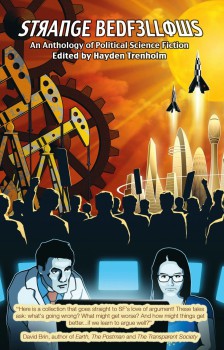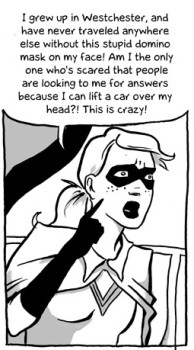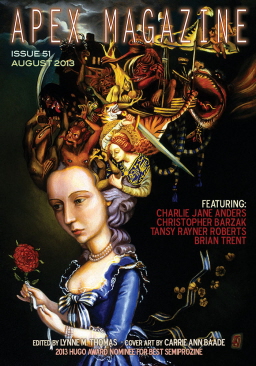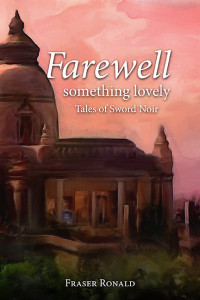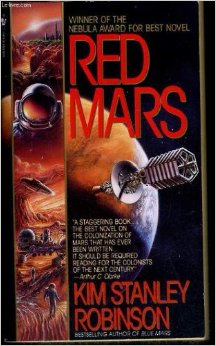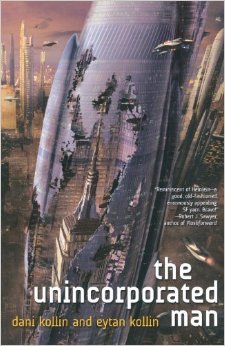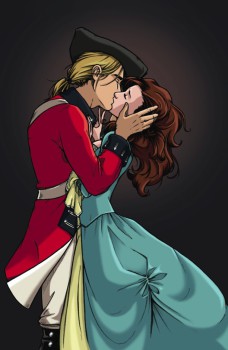The Public Life of Sherlock Holmes: When Elric of Melnibone Came to 221B Baker Street
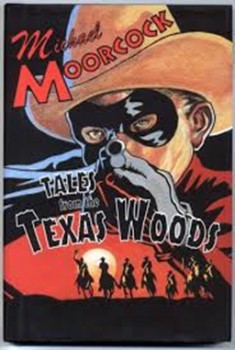 Well, not quite. That title was just to grab your attention. But Elric’s creator did set a tale at London’s most famous address, 221B Baker Street. And it’s a pretty ‘normal’ Holmes tale; which you might not expect from the guy who created Stormbringer.
Well, not quite. That title was just to grab your attention. But Elric’s creator did set a tale at London’s most famous address, 221B Baker Street. And it’s a pretty ‘normal’ Holmes tale; which you might not expect from the guy who created Stormbringer.
I enjoyed Fletcher Vrendenburgh’s post last week on Michael Moorcock’s Eternal Champion. I devoured the tales of Corum, Hawkmoon, Erekose, and of course Elric in my middle-school years.
Being a Dungeons and Dragons player, these books were awesome. I think I even used Rackhir the Red Archer in a game. If you’ve not read significant parts of that saga, your fantasy education is lacking.
Moorcock’s work encompasses much more than just the Eternal Champion tales. I’m a Christian and I was fascinated by the premise of The War Hound and all the World’s Pain (an excellent read: the sequel, not so much).
I even wrote a paper on the idea for a high school religion class. That got me an invite to see the teacher, a priest, after class.
Back in 1995, Moorcock wrote “The Adventure of the Dorset Street Lodger” as a privately printed chapbook which he let friends of his, who were opening a hotel on Dorset Street, give away to their first guests.

 Not all Kickstarters will fund.
Not all Kickstarters will fund. 